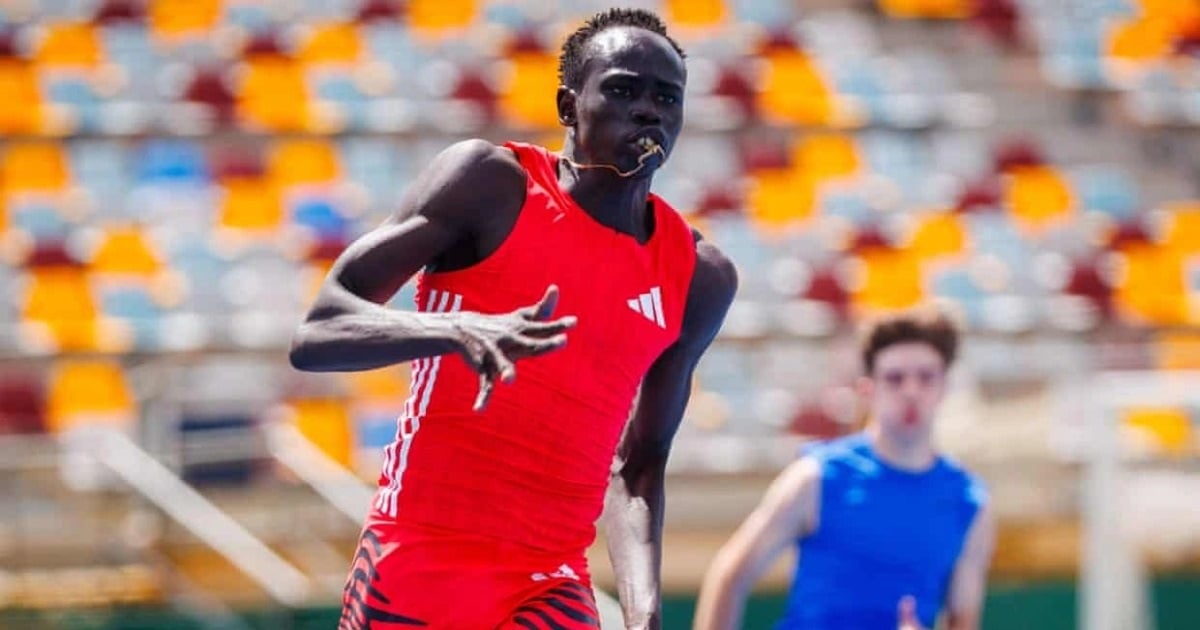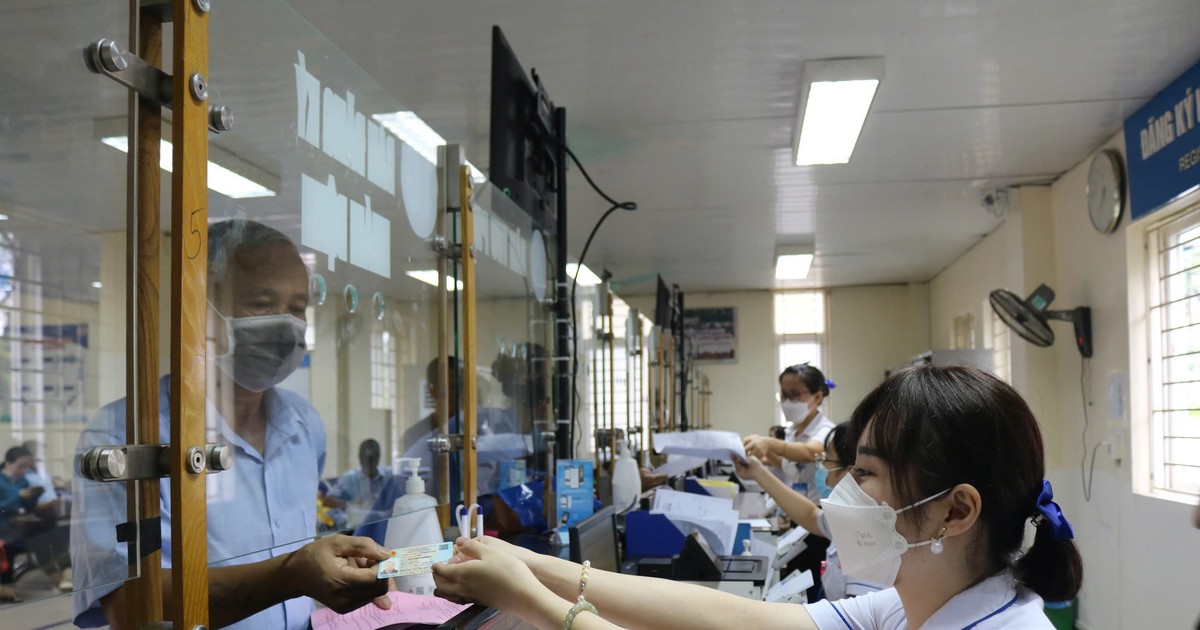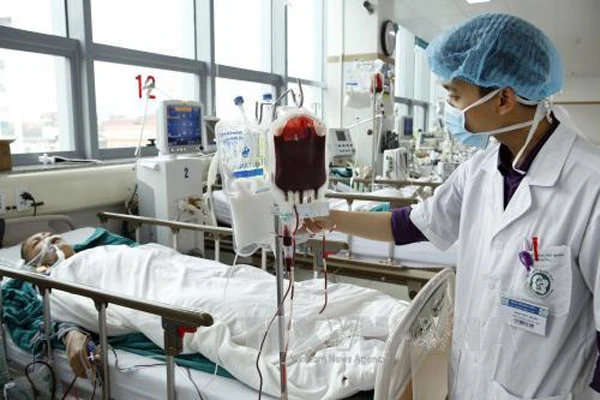Marathon runners need to stay hydrated, keep moving after the finish line, and take two weeks off from running after the race to give their bodies time to recover.
Electrolyte Supplement
Most marathons have stations that provide water and sports drinks. If you are training on your own, you should bring your own water.
Melissa Leber, a sports medicine specialist at Mount Sinai Health System, USA, says that running makes you sweat a lot. A large amount of salt (sodium) is lost through sweat, so runners need to supplement electrolytes containing sodium to help muscles work and keep the body hydrated.
Drinking too much water without replenishing electrolytes can lead to hyponatremia during intense exercise, causing nausea, headaches, vomiting, and seizures. Underweight women with little experience participating in long-distance endurance races are more likely to experience this condition.
Ms. Leber recommends that marathon runners drink two to three glasses of electrolyte-containing drinks, along with water, throughout the journey.

Marathon running is a test of endurance. Photo: Freepik
Get enough carbohydrates
Marathon runners can experience heartburn, bloating, stomach cramps, and even diarrhea. According to a 2023 Italian meta-analysis, an estimated 30-90% of athletes in endurance sports, including long-distance running, experience digestive upset during competition.
Leber explains that blood is diverted away from the gut during the race, which can cause some people to experience gastrointestinal issues. Maintaining fluid balance (drinks containing water and electrolytes) and consuming adequate carbohydrates can reduce gastrointestinal issues during and after the marathon.
Carbohydrates are also essential for recovery. Runners should eat a snack or drink containing carbohydrates 20-30 minutes after the race, and a full meal within two hours of finishing. The American College of Sports Medicine recommends 30-60 grams of carbohydrates per hour for endurance activities.
Keep moving after reaching the finish line
Many marathons have an additional stretch after the finish line for runners to walk to receive their medals, snacks, and water before leaving the race.
When runners cross the finish line and stand still, blood pools in their legs, causing the blood vessels to swell or dilate, which can cause them to pass out because the blood isn’t returning to the heart, explains Leber. So after finishing a marathon, runners should keep moving around, not sitting still. If you feel lightheaded, you can lie down and raise your legs above your head to avoid dizziness.
Two weeks off running
About a week after the first marathon, runners can recover and start running again. However, a few weeks later, they are sore all over and have to stop training completely for a while. High-impact activities like marathons can increase the risk of injury if the body has not fully recovered.
Experts recommend that first-time marathoners take two weeks off from running but continue to exercise with other activities such as walking and swimming.
Mr. Ngoc
Source link


![[Photo] Opening of the 11th Conference of the 13th Party Central Committee](https://vstatic.vietnam.vn/vietnam/resource/IMAGE/2025/4/10/f9e717b67de343d7b687cb419c0829a2)
![[Photo] April Festival in Can Tho City](https://vstatic.vietnam.vn/vietnam/resource/IMAGE/2025/4/10/bf5ae82870e648fabfbcc93a25b481ea)

![[Photo] Unique folk games at Chuong Village Festival](https://vstatic.vietnam.vn/vietnam/resource/IMAGE/2025/4/10/cff805a06fdd443b9474c017f98075a4)


























































































Comment (0)